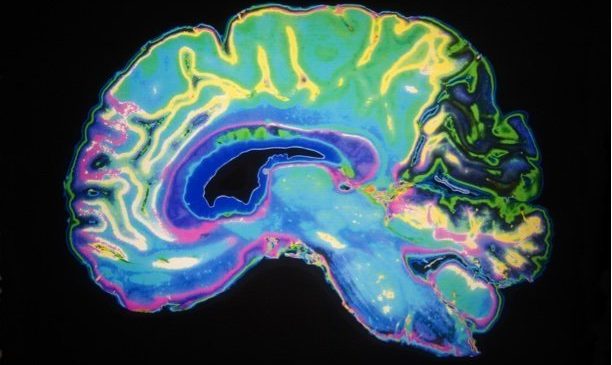
To what extent can our expectations modulate positive CBD effects on anxiety and stress? Is there a connection between our beliefs and the actual pharmacological effects of this cannabis phytochemical substance?
The answer to these questions is based on the most recent scientific research by Spinella et al. (2021) [1], in which for the first time CBD-linked placebo reactions to stressful mental states are systematically analyzed. A randomized crossover study in healthy adults was conducted to test the weather. The CBD expectation alone could have a positive effect on acute stress and anxiety. Heart rate (HR) and heart rate variability (HRV) are the physiological parameters that need to be measured to assess the stress response. The root mean square of consecutive differences (RMSSD) reflects the beat-to-beat variance in the HR [2] and a lower value thereof indicates a greater voltage response.
During the first orientation meeting, cannabis uses the frequency and a priori Each participant’s CBD expectations and beliefs were collected using individual questions. Two experimental sessions followed: Participants were subjected to the Maastricht Acute Stress Tests (MAAST) to elicit subjective and physiological responses related to stress and anxiety. MAAST includes 5 minutes of explanation of the procedures and 10 minutes of cold pressure tests [3] : Participants took turns putting their hand in ice-cold water and counting backwards in increments of 17 or 13, starting with a random four-digit number, while being pressured by negative social rating feedback. [1] CBD hemp-free oil was administered during both experimental sessions, but participants were misinformed about the presence of CBD in the oil in one of the two experiments. Spinella et al. [1] found that strong basic expectations about CBD-reducing anxiety are linked to decreased subjective anxiety. For those without being strong a priori Beliefs about CBD effects and expectant mood changes were not identified. This study is additional confirmation of the expectation theory proposed by Kirsch in 1985 that the expectation that a certain reaction will occur increases the likelihood that that reaction will actually occur. [4]
A better understanding of the correlation between active response and non-pharmacological CBD influence on anxiety could help improve the design of clinical research experiments, thus defining specific therapeutic treatments.
References:
[1] Spinella TC et al. Evaluating the effects of cannabidiol (CBD) expectation on acute stress and anxiety in healthy adults: a randomized crossover study. Psychopharmacology. (2021) https://doi.org/10.1007/s00213-021-05823-w [Journal Impact Factor = 3.424]
[2] Minarini, G. Root Mean Square of the successive differences as markers of the parasympathetic nervous system and difference in the result after ANS stimulation. Monitoring the autonomic nervous system – variability in heart rate. (2020) doi: 10.5772 / intechopen.89827
[3] Smeets T. et al. Introducing the Maastricht Acute Stress Test (MAST): A rapid and non-invasive approach to eliciting robust autonomic and glucocorticoid stress responses. Psychoneuroendocrinology, 37 (12), 1998-2008. (2012) doi: 10.1016 / j.psyneuen.2012.04.012
[Times cited = 186 ] [Journal Impact Factor = 4.732]
[4] Kirsch, I. (1985). Answer expectation as a determinant of experience and behavior. American Psychologist, 40 (11), 1189-1202. https://doi.org/10.1037/0003-066X.40.11.1189 [Times cited = 1200] [Journal Impact Factor = 6.54]
